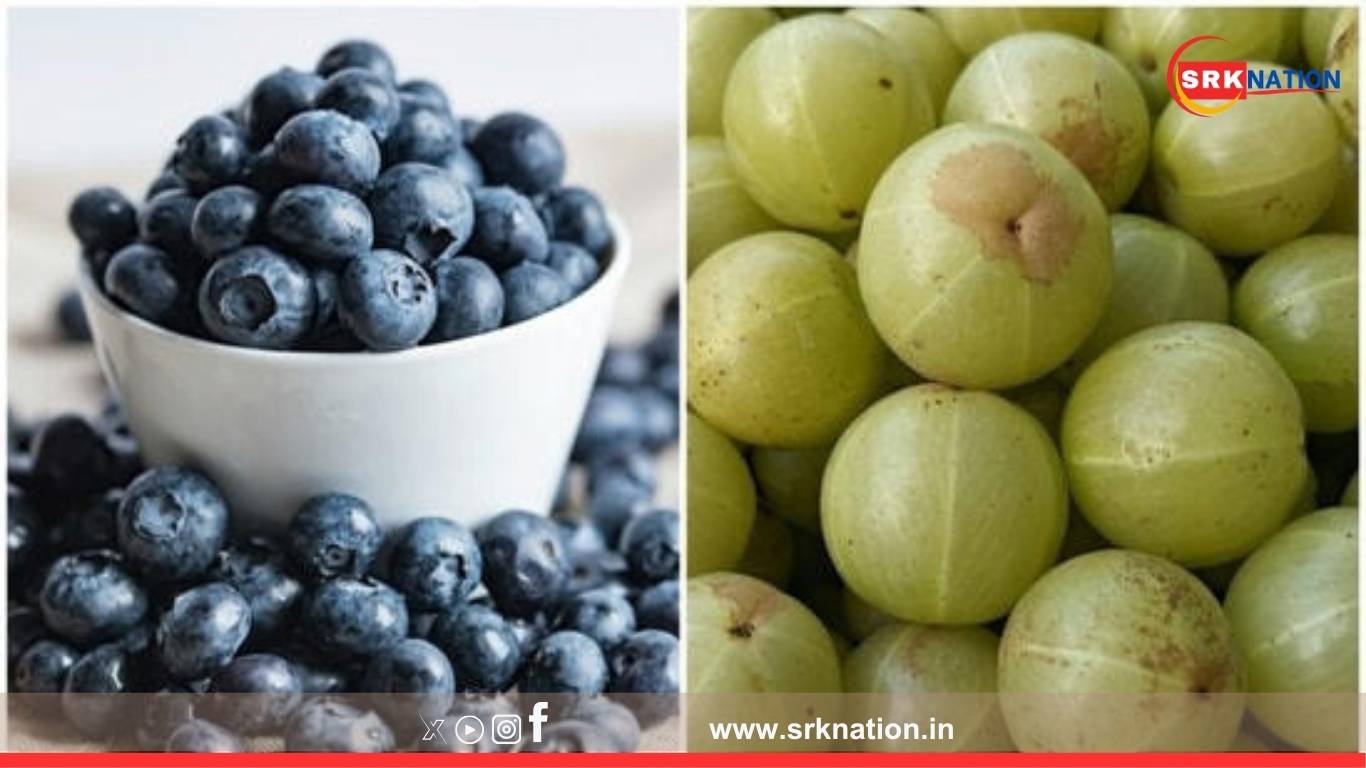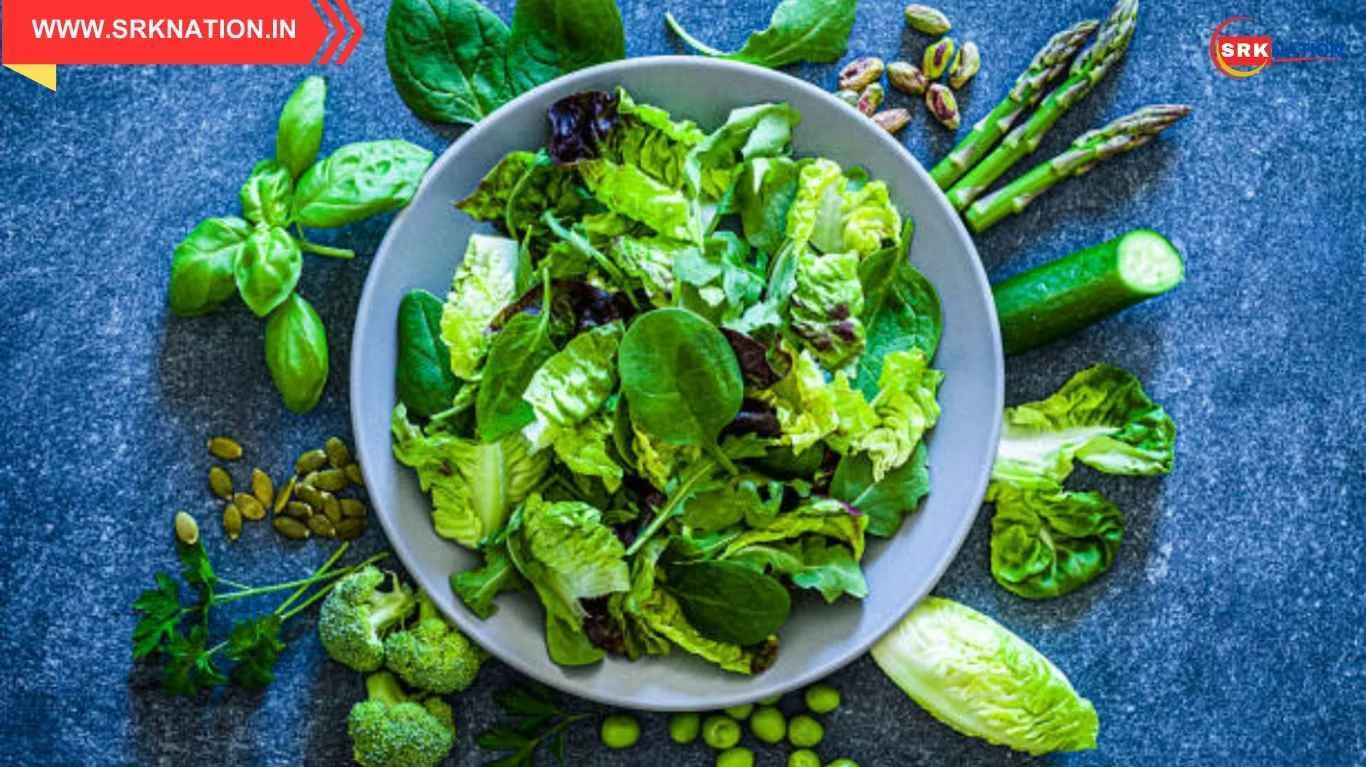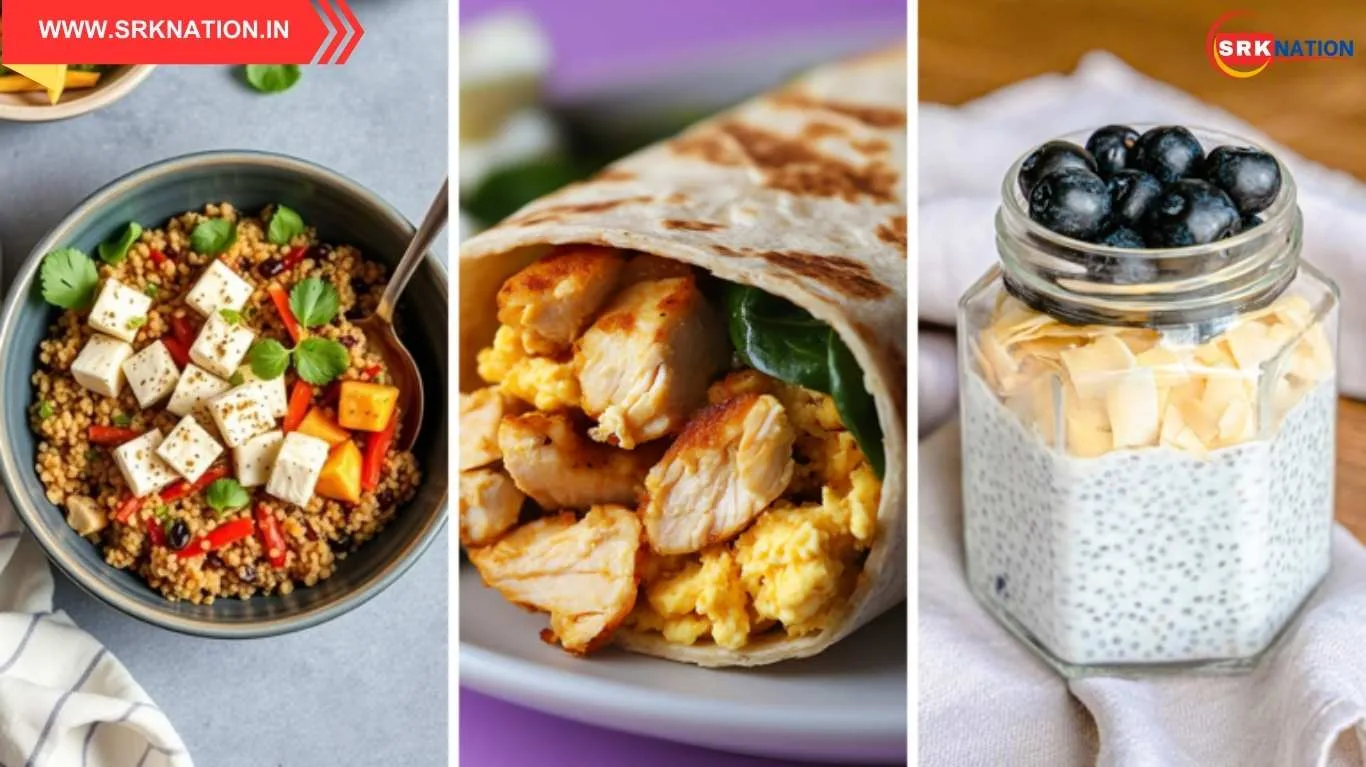For urban Indian households focused on health, blueberries have become a symbol of antioxidant-rich, heart-friendly nutrition. However, their steep price – often exceeding ₹1,500-2,000 per kg – makes them inaccessible for daily use. In response, leading nutritionists recommend three powerful local, affordable alternatives that deliver comparable antioxidants, fibre, and vitamins without burdening your monthly grocery budget.
Why Blueberries Became Popular In India
In recent years, blueberries have been marketed as a “superfood” due to:
- High anthocyanin content: Protects against oxidative stress and inflammation.
- Low glycemic index: Supports blood sugar control.
- Heart and brain health benefits: Shown to reduce cholesterol and cognitive decline risk in studies.
However, India imports most blueberries, mainly from the US, Peru, and Chile, leading to high logistical costs, storage mark-ups, and limited shelf life.
Nutritionist-Recommended Top 3 Affordable Alternatives
1. Jamun (Indian Blackberry)
Widely available during summer and monsoon months, jamun is packed with:
| Nutrient | Jamun (100g) | Blueberry (100g) |
|---|---|---|
| Calories | 62 | 57 |
| Fibre | 0.6 g | 2.4 g |
| Vitamin C | 18 mg | 10 mg |
| Anthocyanins | High | High |
| Cost (India) | ₹60-₹100/kg | ₹1,500-₹2,000/kg |
Health Benefits:
- Regulates blood sugar (traditional Ayurvedic use for diabetes management)
- Boosts immunity due to vitamin C and iron
- Improves digestion and relieves acidity
Nutritionist Speak:
“Jamun offers nearly the same antioxidant benefits as blueberries with added advantages for blood sugar balance – all at 5-10% of blueberry prices,” says dietitian Rekha Sharma.
2. Amla (Indian Gooseberry)
Amla is an Ayurvedic powerhouse known for:
- Exceptional Vitamin C levels: 600-700 mg per 100 g, far surpassing blueberries.
- Rich polyphenols: Including gallic acid and ellagic acid, which fight inflammation.
| Nutrient | Amla (100g) | Blueberry (100g) |
|---|---|---|
| Vitamin C | 600 mg | 10 mg |
| Fibre | 3.4 g | 2.4 g |
| Calories | 44 | 57 |
| Cost (India) | ₹40-₹100/kg (fresh) | ₹1,500-₹2,000/kg |
Health Benefits:
- Strengthens immune system against seasonal infections
- Improves skin health, collagen production, and hair growth
- Aids in blood purification and liver detoxification
Ways To Consume:
- Fresh slices with black salt
- Homemade amla murabba (preserved in jaggery)
- Amla juice shot in the morning
3. Black Grapes
While they lack some of the exotic branding of blueberries, black grapes are an accessible antioxidant source, rich in resveratrol, potassium, and flavonoids.
| Nutrient | Black Grapes (100g) | Blueberry (100g) |
|---|---|---|
| Calories | 70 | 57 |
| Fibre | 1 g | 2.4 g |
| Vitamin C | 10 mg | 10 mg |
| Resveratrol/Flavonoids | High | Moderate |
| Cost (India) | ₹80-₹120/kg | ₹1,500-₹2,000/kg |
Health Benefits:
- Supports heart health by reducing blood pressure
- Improves cognitive function with resveratrol
- Offers hydration and natural sweetness for desserts
Why Switch To Indian Superfoods?
- Cost efficiency: Replace blueberries with local fruits to save up to 90% in daily nutrition spending.
- Availability: Easier to source across Indian cities, Tier II, and rural markets.
- Freshness: Locally sourced fruits retain higher nutrient value than long-shipped blueberries.
- Environmental footprint: Reduced carbon footprint by avoiding air-freighted imports.
Nutritionist’s Recommended Weekly Fruit Plan For Antioxidants
| Day | Morning Snack | Evening Snack |
|---|---|---|
| Monday | Amla juice | Black grapes |
| Tuesday | Jamun bowl | Guava slices |
| Wednesday | Pomegranate | Amla candy |
| Thursday | Papaya cubes | Black grapes |
| Friday | Jamun with salt | Orange wedges |
| Saturday | Amla juice | Banana |
| Sunday | Seasonal mixed fruit bowl | Coconut water |
Consumer Voices
Rita Sharma, a Delhi homemaker, shared:
“I used to buy frozen blueberries for my kids’ smoothies, spending over ₹2,000 monthly. Since switching to black grapes and jamun, I save money without guilt.”
Rohan Gupta, Mumbai fitness coach, added:
“Blueberries are great, but Indian fruits like amla and jamun offer equal if not better nutrition for my clients at affordable prices.”
Expert Caution
While these alternatives offer robust antioxidant benefits, nutritionists emphasise dietary diversity over dependence on any single ‘superfood’. Combine seasonal fruits with leafy greens, seeds, and balanced macronutrients for optimum health outcomes.
Conclusion
Blueberries may be globally marketed as the go-to antioxidant powerhouse, but India’s indigenous fruits like jamun, amla, and black grapes provide equally potent health benefits at a fraction of the cost. For daily nutrition that is pocket-friendly, sustainable, and fresh, these local superfoods remain unbeatable.
Disclaimer
This article is for informational purposes only. It does not replace professional medical or nutritional advice. Consult a qualified dietitian or healthcare provider before making major dietary changes, especially if you have underlying health conditions or allergies.











